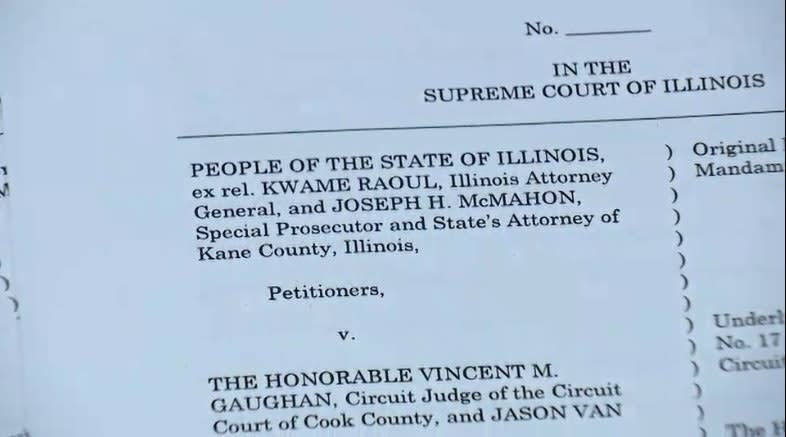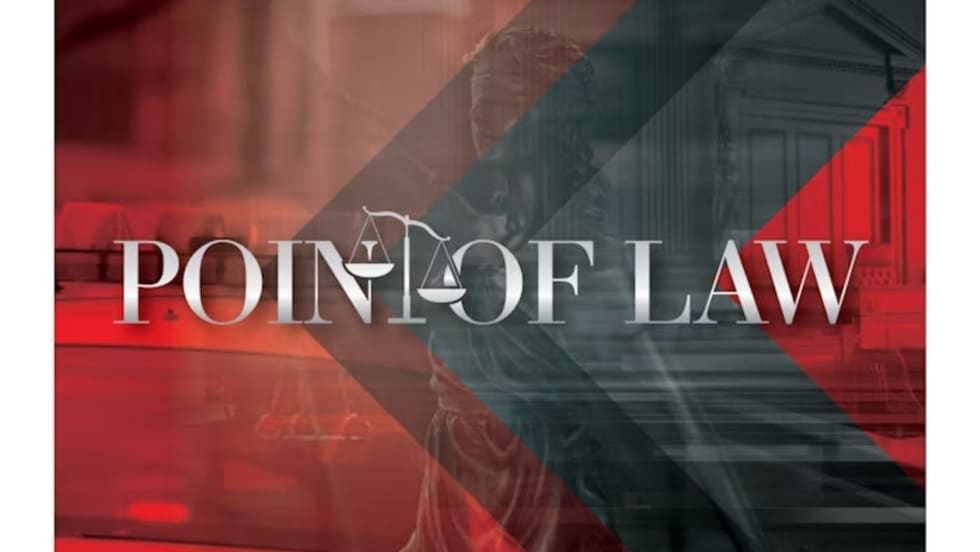In a complicated and rare legal maneuver, Illinois Attorney General Kwame Raoul and Kane County State's Attorney Joseph McMahon are asking the state supreme court to review the sentencing of former Chicago police officer Jason Van Dyke.
Last October Van Dyke was convicted of second degree murder and 16 counts of aggravated assault in the 2014 officer-involved shooting of Laquan McDonald. In January he was sentenced to six years and nine months for the second degree murder conviction.
The central issue in the prosecutors' petition is an Illinois law that allows a judge to sentence a person for only the most serious crime when he is convicted of multiple crimes for what amounts to a single act. Cook County Judge Vincent Gaughan, who presided over the case, determined that second-degree murder was the more serious crime, although it carries a lighter sentence than aggravated battery. The murder charge calls for a sentence of between four and 20 years in prison, compared with six to 30 years in prison for aggravated battery, the Associated Press reports.
One of Van Dyke's attorneys, Darren O'Brien, said Monday that prosecutors' contention that the judge should sentence Van Dyke on the aggravated battery charge because it is more serious than second-degree murder doesn't make sense.
"It's common sense that the lesser harm of getting shot would merge into the greater harm of getting killed," O'Brien said.
The state supreme court could order the judge to hold another sentencing hearing for Van Dyke where the aggravated assault convictions are part of the sentence, it could rule the judge interpreted the law correctly, or it could refuse to hear the petition.
Unless he is resentenced, Van Dyke could serve substantially less than his six-year and nine-month sentence. If he receives credit for good behavior, he could be free in three years.






